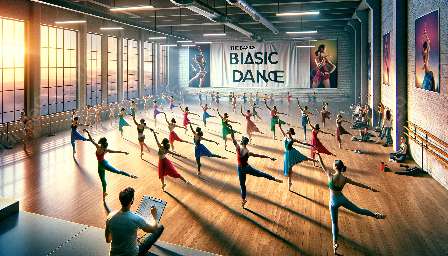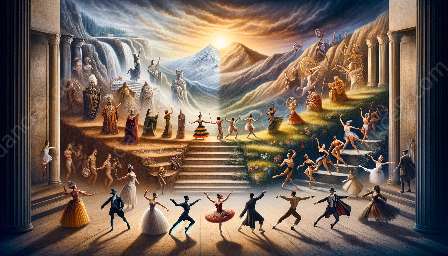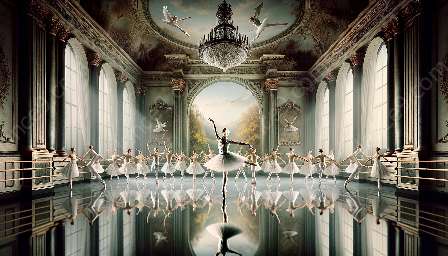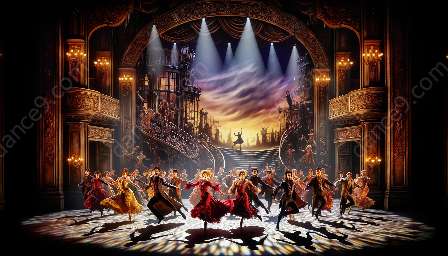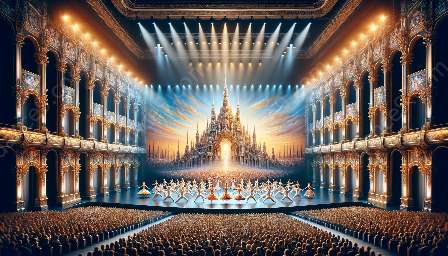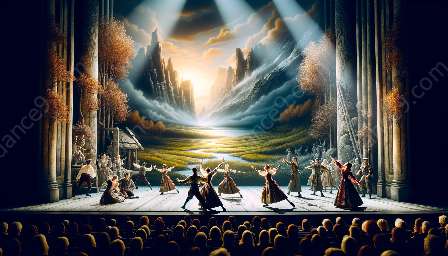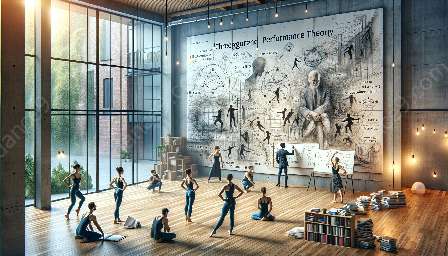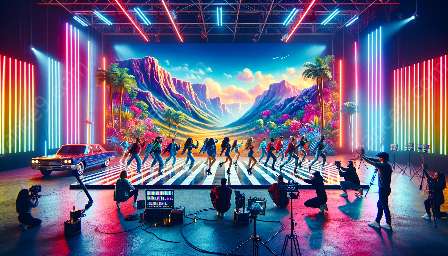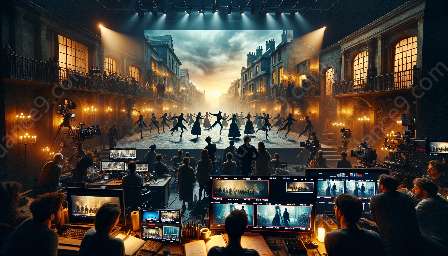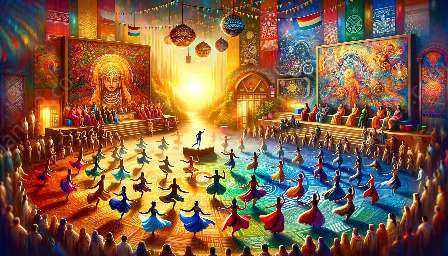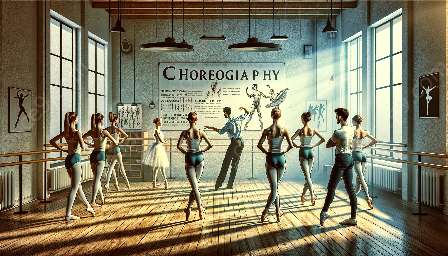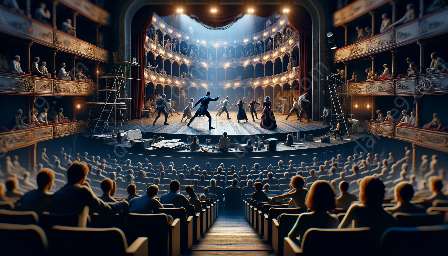Choreography is not just about creating movement sequences; it involves a complex process that raises ethical considerations, shapes practices, and influences the art form itself. In this exploration of ethics in choreographic practice, we delve into the intersection of ethics with the choreographic process and its impact on the field of choreography.
The Intersection of Ethics and Choreographic Process
When delving into the choreographic process, it’s essential to consider the ethical aspects that influence the creation and presentation of dance works. Choreographers often face questions about the representation of bodies, cultural appropriation, and the impact of their work on performers and audiences. Ethical considerations come into play when making decisions about the themes, narratives, and movement vocabulary used in choreography.
Inclusive representation and respect for diverse cultural perspectives are central to ethical choreographic practice. Choreographers need to navigate the complexities of power dynamics, consent, and equity within the creative process. This intersection of ethics and the choreographic process informs the development of responsible and considerate artistic work that contributes positively to the dance community.
Ethics in Choreographic Practices
Choreographic practices encompass not only the artistic creation of dance works but also the collaborative relationships, leadership, and decision-making involved in bringing a choreographic vision to life. Ethical considerations surface in areas such as casting, financial compensation, and the promotion of safe and inclusive working environments for dancers and collaborators.
Transparency and fairness in choreographic practices are fundamental ethical principles that impact the sustainability and ethical integrity of dance organizations and companies. The implementation of ethical guidelines in choreographic practices prioritizes the well-being of dancers and fosters an environment of trust and respect within the dance community.
The Impact of Ethics on the Field of Choreography
As ethical considerations continue to shape choreographic practices, their impact ripples through the field of choreography, influencing the development of policies, standards, and discussions around ethical responsibilities within the dance sector. The acknowledgment of ethical dilemmas and the pursuit of ethical solutions contribute to the evolvement of choreography as a socially aware and conscientious art form.
Further, the integration of ethical considerations in choreographic practice encourages critical conversations and reflections on the ethical dimensions of artistic expression. It empowers choreographers and dancers to embrace their roles as ethical agents and cultural contributors, fostering an environment of accountability and ethical consciousness within the dance community.
Closing Thoughts
Ethics in choreographic practice form an essential part of the contemporary dance landscape. By recognizing the intersection of ethics with the choreographic process and practices, the dance community can cultivate a culture of ethical responsibility, artistic integrity, and respect for diverse perspectives, ultimately enriching the field of choreography.

